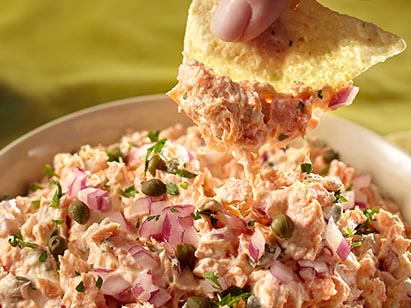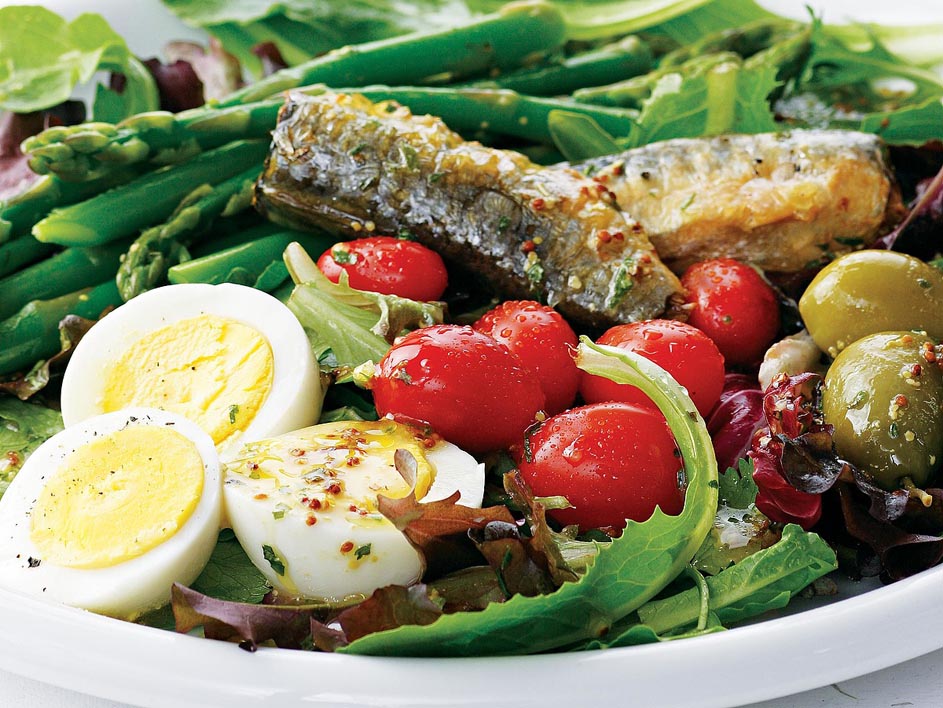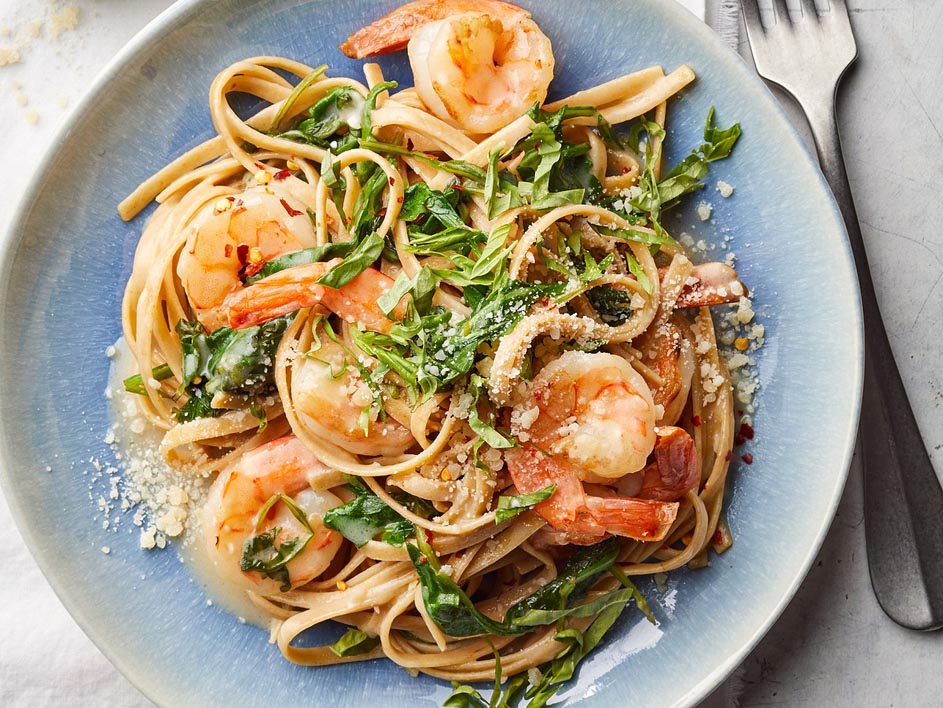Which Fish Are Best to Eat with Kidney Disease?
Why Add Fish to Your Kidney Diet?
Best of all, fish is rich in heart-healthy omega-3 fatty acids. Omega-3s can help reduce the risk of cardiovascular disease, lower blood pressure, and raise good cholesterol (HDL).1 Caring for your heart is especially important for people living with CKD, since there is a strong connection between high blood pressure and kidney disease.
Seafood is an excellent source of protein, which is important for helping you feel your best with CKD. Eating fish reduces the risk of albuminuria (that is, protein in the urine) and can help lessen kidney damage in people living with diabetes.2 You may need to adjust your protein intake depending on your stage of kidney disease, so speak with your dietitian to find out how much is right for you.
Maximize nutritional value
Eating fresh fish is best, however, it’s a good idea to avoid raw fish and shellfish if you have end stage renal disease (ESRD). Cooking seafood thoroughly will reduce your risk of gastrointestinal infections that may cause health complications.3
Look out for mercury in fish
If you catch fish locally, check with your local Department of Natural Resources for food safety information.
Four Kidney-Friendly Fish (and Recipes)

1. Salmon
Suggested recipe: Smoky & Savory Salmon Dip

2. Tuna
Suggested recipe: Sesame Tuna Salad

3. Anchovies
Suggested recipe: Spring Salad with Tarragon Vinaigrette

4. Shellfish
Suggested recipe: Creamy Lemon Pasta with Shrimp
Quick Tips for Preparing Fish
Dietitians generally recommend one to two servings of fish per week—and, of course, portion size is important. No matter what fish you choose to eat with kidney disease, one serving should be about three ounces. That’s about the size of a deck of playing cards.

A divided plate ready to be filled with suggested serving sizes: 3-5 ounces protein (about the size of your palm), half cup fruits and veggies (size of cupped hand), 1 cup breads and grains (size of a closed fist), and fluid serving of 4 ounces.
Cook fish to a minimum internal temperature of 145° F or until the meat is opaque and flaky. Generally, this means baking, poaching, broiling, or grilling fish for about 10 minutes per inch of thickness. Double the cook time when cooking from frozen.
Cook Mouthwatering Kidney-Friendly Fish without Added Salt
Remember, store-bought seasoning blends, mixes, and other prepared foods tend to have added sodium. Making your own blends is an easy way to take control and get creative in the kitchen.
Catch of the Day
References
1“Omega-3 Fatty Acids — Fact Sheet for Consumers,” National Institutes of Health, last updated August 4, 2021 https://ods.od.nih.gov/factsheets/Omega3FattyAcids-Consumer/.
2 Lee CT, Adler AI, Forouhi NG, et al. Cross-sectional association between fish consumption and albuminuria: the European Prospective Investigation of Cancer-Norfolk Study. Am J Kidney Dis. 2008 Nov;52(5):876-86. doi: 10.1053/j.ajkd.2008.02.307.
3Gholami P, Lew SQ, Klontz KC. Raw shellfish consumption among renal disease patients. A risk factor for severe Vibrio vulnificus infection. Am J Prev Med. 1998 Oct;15(3):243-5. doi: 10.1016/s0749-3797(98)00051-8.
4“Mercury and Health,” World Health Organization, published March 31, 2017, https://www.who.int/news-room/fact-sheets/detail/mercury-and-health.
Suggested topics

Grocery Shopping Made Simple with a Kidney-Friendly Food List

Good Fruits for Kidney Disease Diets
Medications to Avoid or Adjust If You Have Chronic Kidney Disease
When your kidneys don’t function the way they should, prescription and over-the-counter medications can build up in your blood and may cause additional damage to your kidneys or other parts of your body...

